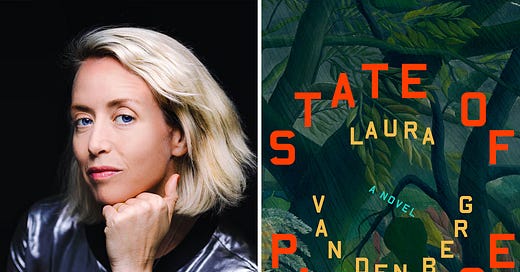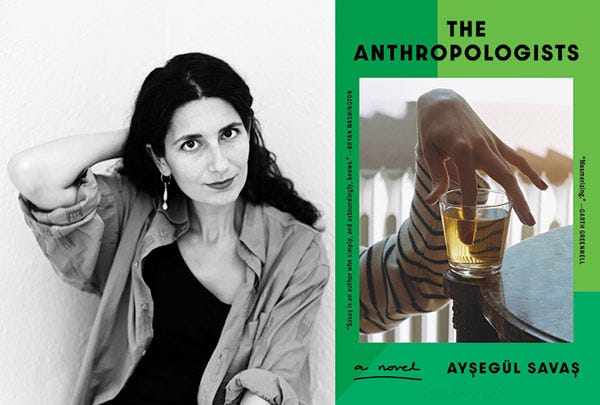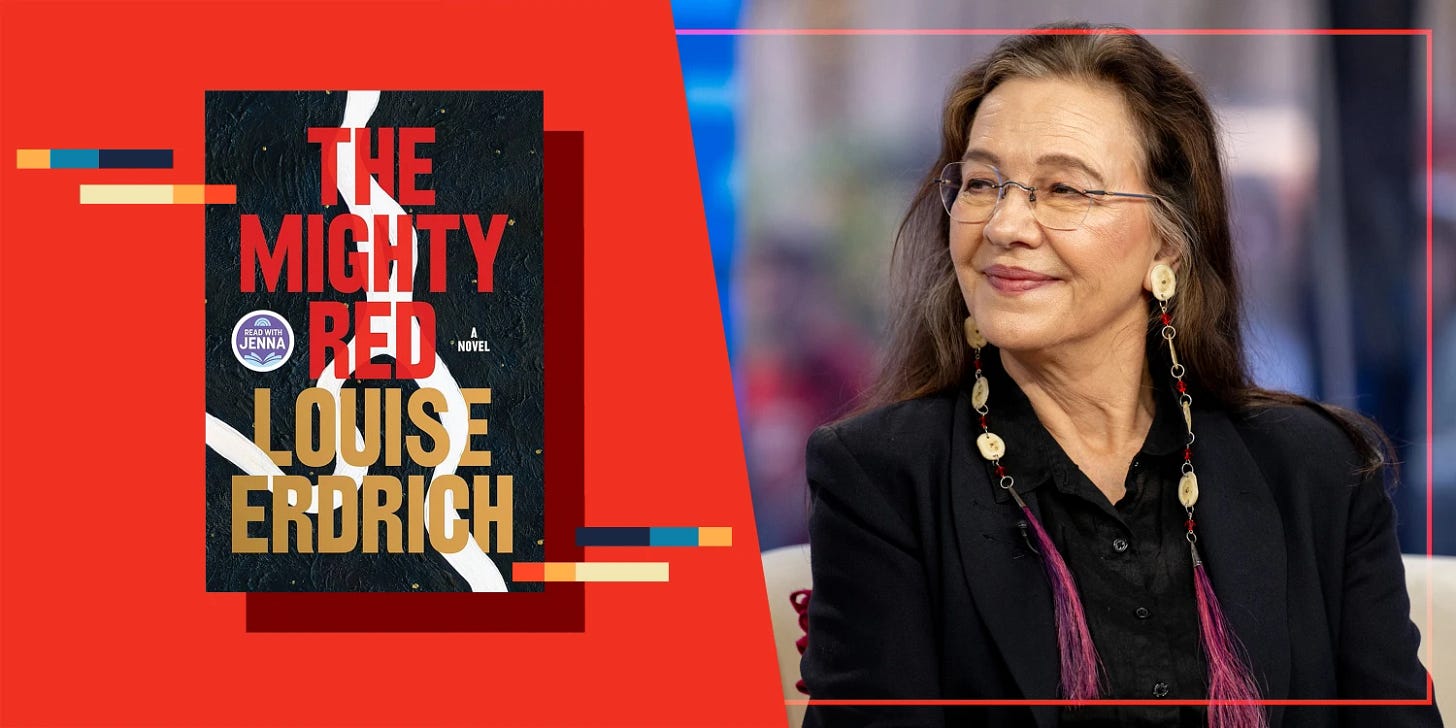We read for story. Storytelling is the core of human connection. Although I am second to none in my appreciation for personal contemplation, acute observation, and profound personal exploration, I find myself, more than ever, in the pages of modern fiction, searching for story. Nearly desperate for story because I believe fiction is where we find our truths [not fact, truth.]
I so much admire the new generation of writers and marvel at their literary skill, but I’ve reached an age now preferring introspection with friends over coffee. Or on Zoom.
The best of modernist fiction is filled with arresting descriptive prose – the majesty of the night sky, the eccentricities of a character, etc. – and sometimes essential backstory, but where is the central conflict? A precipitating event? The tension that makes for page-turning fiction? These novels are narrative rich with detail and subtleties, often visually illuminating, with little story.
Nonetheless, in the interest of the year-end best of boom, and before I return to backlist with its yet to be discovered treasures and classic literary technique, I’ve read in recent weeks a crop of fictions by excellent wordsmiths. The Sally Rooney gang, I would name them, as her first novels are pure narrative of the navel-gazing sort. Her newest, however, INTERMEZZO, breaks that ruminative mold with a bit of mystery and yes, story. I was delighted to read.
And then I picked up an always original voice, Laura Van den Berg, whose latest, STATE OF PARADISE, like much of her work, revolves around a surreal moment in time and features a missing person, in this case, a sister, who has disappeared into an artificial intelligence portal, a metaphorical as well as physical Florida sink hole.
So far this year has felt like living under a giant blanket, out of view of the wider world, but underneath that blanket exists a whole universe of memory and association and experience. I am never alone. Under the blanket I have, to my absolute horror, all my former selves for company.
Next I read the mesmerizing, THE ANTHROPOLOGISTS, by Aysegul Savas. Written as snippets of happenings, these discreet, subtle, renderings of daily lives seem intended to compound into a story larger than the sum of its parts and which, while beautifully articulated, never adds up to more than a series of renderings.
In THE ANTHROPOLOGISTS, we follow a couple who have migrated to an unnamed city, day by day, as they attempt to set roots in a different culture. The title is apt: their lives read like an ethnology. Relationships develop and wane. People reveal and hide. Opportunities present and disappoint. And when the narrative ends, we are not far from where we started. Much to think about. Something of a second cousin to stream-of-consciousness. Charming and insightful, yes. Story, not much.
Elsewhere there was a sense of precarity, as if our belonging might dissipate from one day to the next. Ravi felt it, too, I think, but he was not the type of person to express such things, because he had a horror of seeming needy.
I often quote [and more often preach, to myself as well as fellow writers] the master essayist/memoirist Vivian Gornick, who cautioned, in her commentary on writing, THE SITUATION AND THE STORY, exactly what the title suggests: a situation is a situation, not a story. A situation may be a state of mind. A state of being. A time or place of transition. A situation may be ripe with possibility, but without evolution or resolution, even if the resolution is without tangible resolve, there no story.
And then, thankfully, I read THE MIGHTY RED, the 18th novel by the multiple award-winning Louise Erdrich. This writer knows how to write story. A small town. A small set of characters, their lives intertwined. A love triangle that lasts, with of course, the attendant struggle. Erdrich tells this story in a linear fashion, each short chapter a patch of ivy along the mighty river. The richness of descriptive prose and a visceral sense of place, realistic dialogue, and a sense of tension derived from following the journey with the lead characters, this is the sort of novel that keeps you turning the page or reading late into the night.
Not to mention literary technique like metaphor, shaping people and place.
While working in her garden, Crystal had appreciated how their families were like the Lord’s ivy, a weed ineradicable by human means. It grows low to the ground and can’t be mowed. It throws its stems long and roots straight down every few inches, just like the people along the river. There seems to be a Frechette or a Poe anywhere you land, but low-key, invisible. The Lord’s ivy, or ground ivy, creeping Charlie, thrives under the leaves of other plants and goes wherever it is not wanted. It just keeps throwing itself along stem by stem and blooms so modestly you’d hardly mark the tiny purple flowers. People step down and pass, the weed springs up, uncrushable.
We’ve moved quite a distance from the simple premises of fiction – a stranger walks into a room, a son-daughter-father-mother takes a long journey and faces the challenge to return, someone finds their destiny altered after an unanticipated event or personal revelation and reconsiders their identity – these are core plotlines since Genghi, Flaubert or Cervantes, also the essence of fairy tales and ancient fables. Of course, there is Marcel Proust, the progenitor of the narrative novel. Took him five thousand pages to share his story, and worth reading for the gorgeous language.
Whatever the telling or the tale, I wish you in the new year a new crop of great stories as well as the discovery of great storytellers, modernist, post-modernist or traditional. Thanks for reading with me. Cheers.







